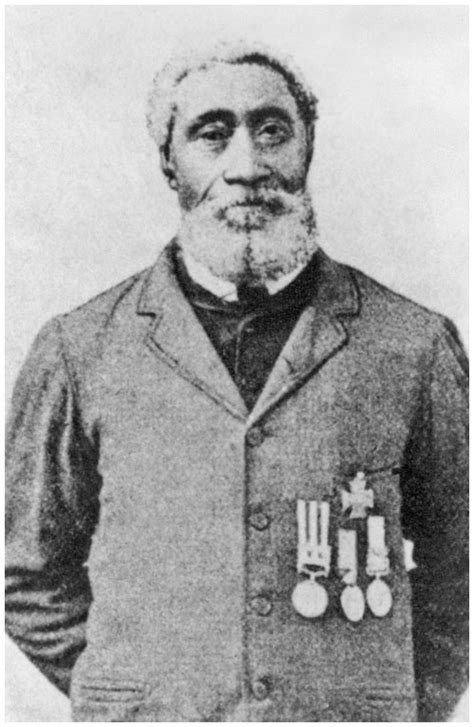A Quote by Dalai Lama
Although you can find certain differences among the Buddhist philosophical schools about how the universe came into being, the basic common question addressed is how the two fundamental principles-external matter and internal mind or consciousness-although distinct, affect one another. External causes and conditions are responsible for certain of our experiences of happiness and suffering. Yet we find that it is principally our own feelings, our thoughts and our emotions, that really determine whether we are going to suffer or be happy.
Quote Topics
About
Affect
Although
Among
Another
Basic
Be Happy
Being
Buddhist
Came
Causes
Certain
Common
Conditions
Consciousness
Determine
Differences
Distinct
Emotions
Experiences
External
Feelings
Find
Fundamental
Fundamental Principles
Going
Happiness
Happy
How
Internal
Matter
Mind
Our
Our Thoughts
Own
Philosophical
Principles
Question
Really
Responsible
Schools
Suffer
Suffering
Thoughts
Two
Universe
Whether
Related Quotes
Many quantum physics are realizing or hypothesizing that consciousness is not a byproduct of evolution as has been suggested. Or for that matter, an expression of our brains, although it expresses itself through our brains. But consciousness is the common ground of existence that ultimately differentiates into space, time, energy, information and matter. And the same consciousness is responsible for our thoughts, for our emotions and feelings, for our behaviors, for our personal relationships, for our social interactions, for the environments that we find ourselves in, and for our biology.
We know that we are happy when our mind is peaceful, and unhappy when it is not. It is therefore clear that our happiness depends upon our having a peaceful mind and not on good external conditions. Even if our external conditions are poor, if we maintain a peaceful mind all the time we shall always be happy.
The myths underlying our culture and underlying our common sense have not taught us to feel identical with the universe, but only parts of it, only in it, only confronting it - aliens... within I don't know how many years, but in not too long a time, it's going to become basic common sense that you are not some alien being who confronts an external world that is not you, but that almost every intelligent person will have the feeling of being an activity of the entire universe.
It's not a matter of how much you know or can define, or how many millions of mantras or thousands of prostrations you have done, or how many months of wangs you've attended. The important thing is whether or not the mind is really changing, whether our negative emotions are really coming under control, whether we are really beginning to understand ourselves, whether our mind is really improving, and whether in our hearts there is genuine love and caring for other people.
The whole drift of my education goes to persuade me that the world of our present consciousness is only one out of many worlds of consciousness that exist, and that those other worlds must contain experiences which have a meaning for our life also; and that although in the main their experiences and those of this world keep discrete, yet the two become continuous at certain points, and higher energies filter in.
Most of the avoidable suffering in life springs from our attempts to escape the unavoidable suffering inherent in the fragmentary nature of our present existence. We expect immortal satisfactions from mortal conditions, and lasting and perfect happiness in the midst of universal change. To encourage this expectation, to persuade mankind that the ideal is realizable in this world, after a few preliminary changes in external conditions, is the distinguishing mark of all charlatans, whether in thought or action.
As human beings, we all have reasons for our behavior. There may be people who have certain physiological issues that dictate why they make certain choices. On the whole, though, I think we're dictated by our structure, our past, our environment, our culture. So once you understand the patterns that shape a person, how can you not find sympathy?
It is true that it feels very differently to enjoy a good meal, taking part in an interesting conversation, or to think of how successful your children are. Suppose we do all these things at a particular time. How happy are we at the time? We do not need to calculate the value of each such feelings on any singular scale to answer this question. We need not see our happiness at the time as a mathematical function of these items. It is rather that all these experiences, together with many other factors, causally puts us at the time at a certain level of happiness, i.e. in a certain mood.
Churches are more prosperous than at any time within the past several hundred years. But the alarming thing is that our gains are mostly external and our losses wholly internal; and since it is the quality of our religion that is affected by internal conditions, it may be that our supposed gains are but losses spread over a wider field.
Our time has been distinguished, more than by anything else, by a mastery, a control, of the external world, and by an almost total forgetfulness of the internal world. If one estimates human evolution from the point of view of knowledge of the external world, then we are in many respects progressing. If our estimate is from the point of view of the internal world, and of oneness of internal and external, then the judgment must be very different.








































